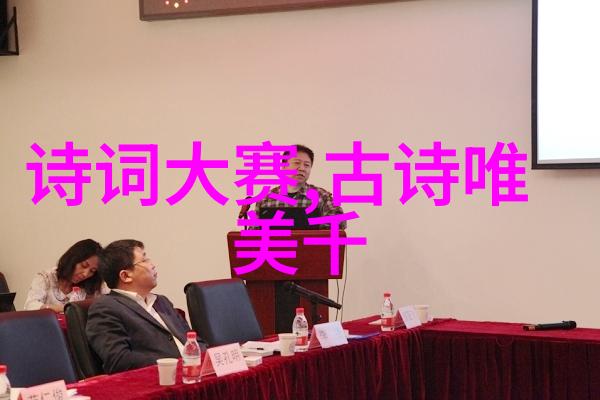0岁婴儿的诗行揭秘古代教育之谜
在古代,文学创作并不仅限于成年人,有些甚至是从出生起就开始的。今天,我们来探讨一个似乎不太可能的事情——婴儿古诗大全0岁。这种现象背后,是对文化传承和教育理念的一种特殊体现。

古代教育观念
在中国历史上,从孔子到宋明理学家们,都强调了早期教育的重要性。他们认为,孩子们应该从小学习礼仪、经典,以培养良好的道德品质和文明行为。这一观点深入人心,使得许多家庭都将学习纳入到日常生活中,无论孩子多么小。

婴儿与诗歌
babies are not only cute and adorable, but also have a natural sense of rhythm and melody. In ancient times, parents often used nursery rhymes and poems to teach their children about the world around them. The use of poetry as a teaching tool was not limited to just entertainment; it was also seen as a way to pass down cultural values and knowledge.

In this context, "babies writing poetry" may seem like an exaggeration or even impossible. However, we can look at this phenomenon from another perspective: the earliest forms of literature were likely oral traditions passed down through generations before being written down.
传统文化中的婴儿

In traditional Chinese culture, babies are believed to be born with some form of innate wisdom or intuition. This belief is reflected in many ancient texts that describe infants as having the ability to understand complex ideas or recognize certain patterns early on.
The idea that infants could learn complex concepts like poetry suggests that education began much earlier than we might think. It's possible that parents would recite poems or stories to their children from birth onwards, creating a rich linguistic environment for learning.

婴儿古诗大全0岁:事实还是想法?
While there is no concrete evidence of actual "poetry books" created by babies aged zero (since they cannot write), it's clear that ancient civilizations placed great emphasis on early childhood education. Parents would often begin teaching their children basic language skills long before they could speak themselves.
This practice reflects a deep respect for learning and intellectual development in infancy stages - something we now know has long-lasting effects on cognitive abilities later in life.
结论:
Babies' exposure to classical Chinese literature from birth onward represents more than just curiosity about words - it speaks volumes about the value placed upon education during those early years by our ancestors. By exploring such practices through history, we gain insight into both how far society has come and how deeply ingrained these principles remain within us today.